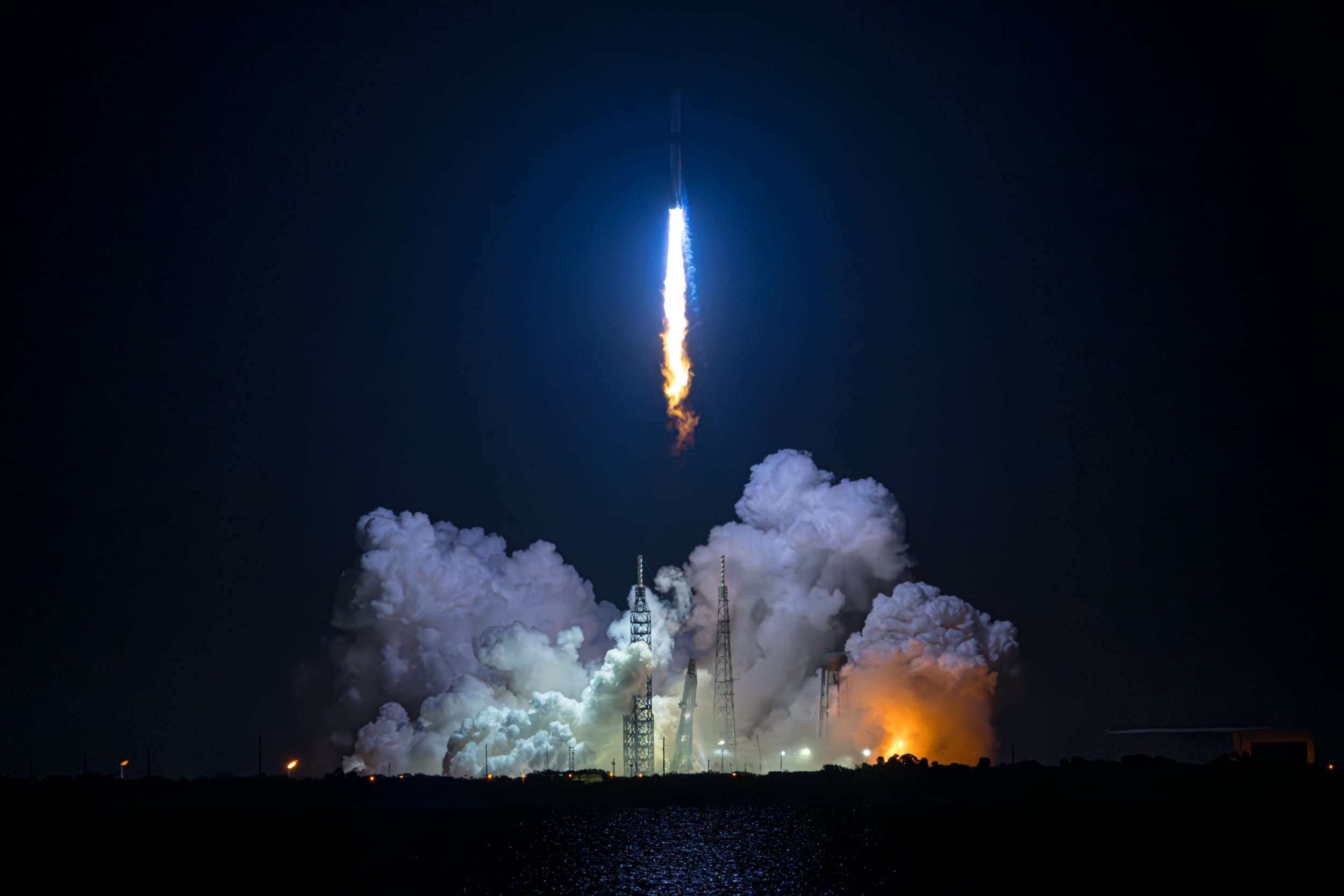Starship and New Glenn explode within 48 hours… Thanks for the planet!

Elon Musk and Jeff Bezos continue their ego war, not to say something else, behind Starship and New Glenn, but maybe it’s time to calm down.
The Federal Aviation Administration (FAA), the U.S. federal agency responsible for civil aviation regulation and air safety, has opened two investigations following incidents during the tests of SpaceX’s Starship Super Heavy and Blue Origin’s New Glenn.
On Friday, the second stage of Starship exploded during its seventh test flight. The launch, conducted from SpaceX’s Starbase in Boca Chica, Texas, ended with a spectacular disintegration visible as far as the Turks and Caicos Islands. Although the FAA reported no injuries, it is inspecting potential property damage and has established a debris recovery zone. Musk of course didn’t miss the opportunity to comment on X with a little “Success is uncertain, but the show is guaranteed.”
The debris, scattered over a large area, poses a potential risk to human populations, especially in overflown regions. These incidents also raise concerns about environmental impact. The pollution generated by these two successive failures, within less than a week, is disastrous, both from the materials released into the atmosphere and the debris falling to land and in the sea.
0-0, a draw
On Thursday, the FAA also launched an investigation into Blue Origin’s first New Glenn flight, from Cape Canaveral. Although the launch was successful, the landing of the first stage on a barge failed. Like SpaceX, the FAA conditioned the resumption of flights on measures proving that these failures will not endanger the public.
These successive failures invite reflection on the current craze in space exploration. While technological advances are fantastic, and space exploration a necessity to better understand our world, should we ignore the risks for humans and the environment? Banning thermal engine vehicles by 2035 is a wonderful ecological project, but if at the same time we multiply rocket launches to go to Mars, it’s a bit mind-boggling. A return to a more reasoned approach seems essential to reconcile ambition and responsibility.
READ ALSO: SpaceX Starship: explosions and horrific carbon footprint
This page is translated from the original post "Starship et New Glenn explosent en 48h… Merci pour la planète !" in French.
We also suggestthese articles:
Also read






